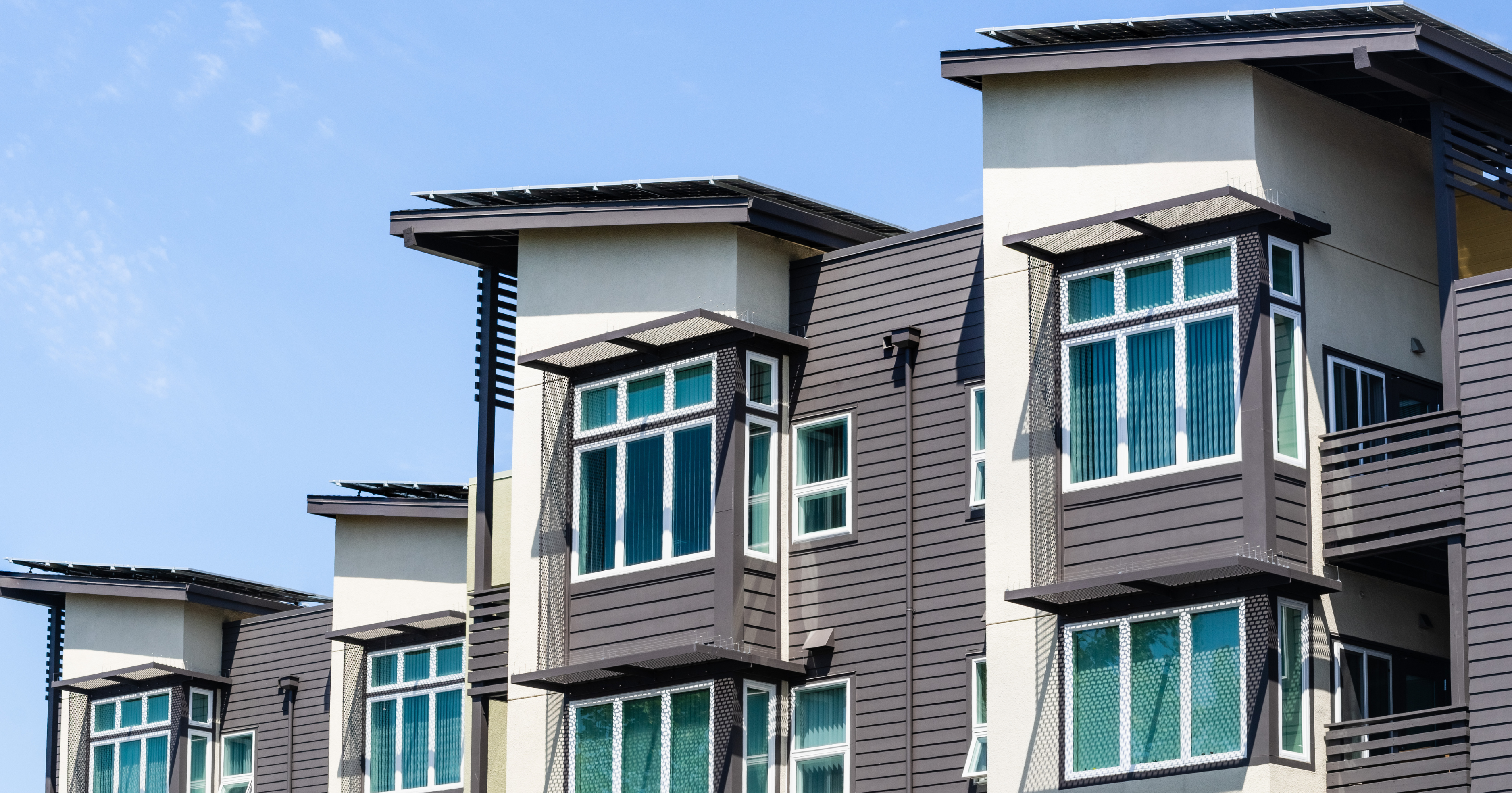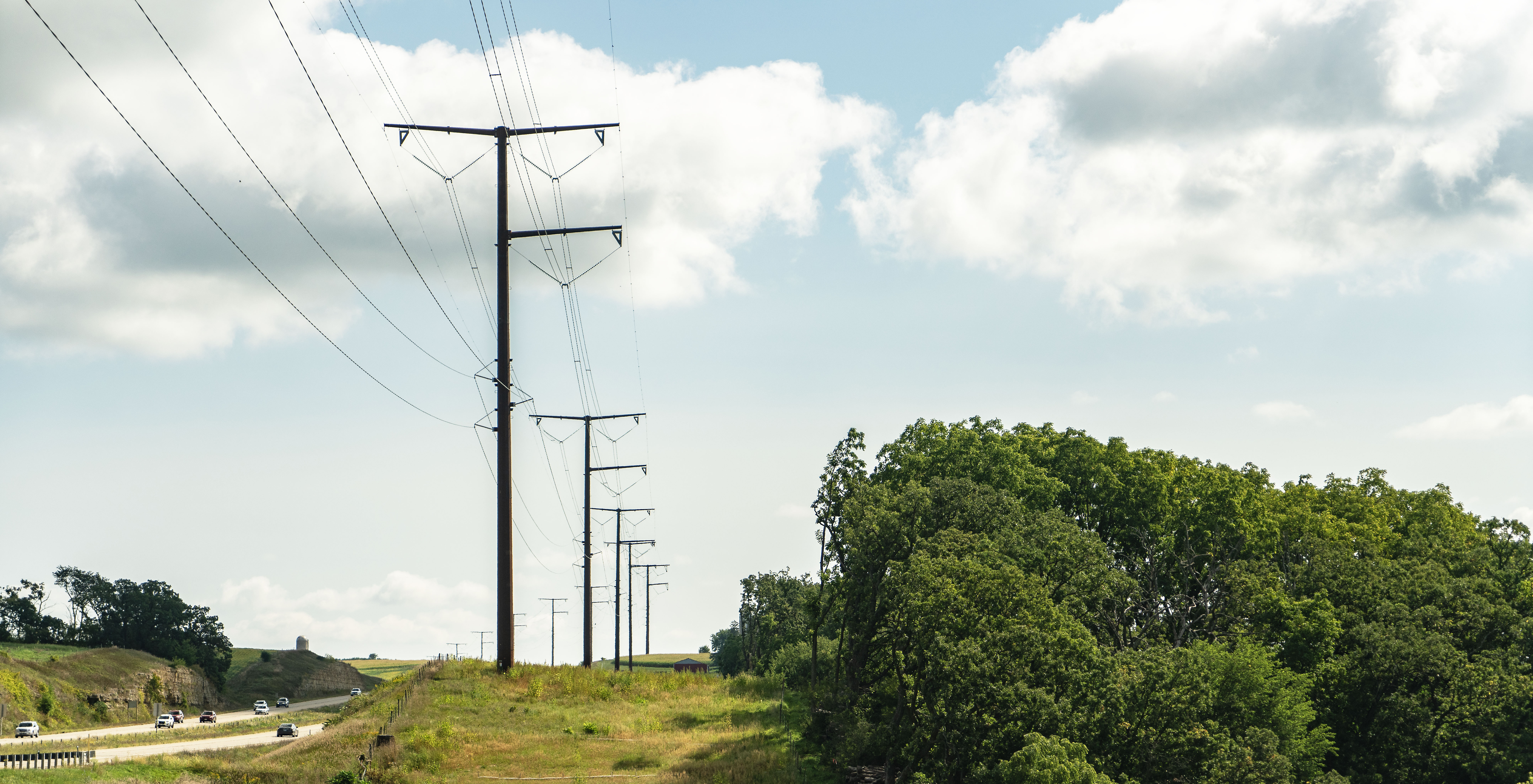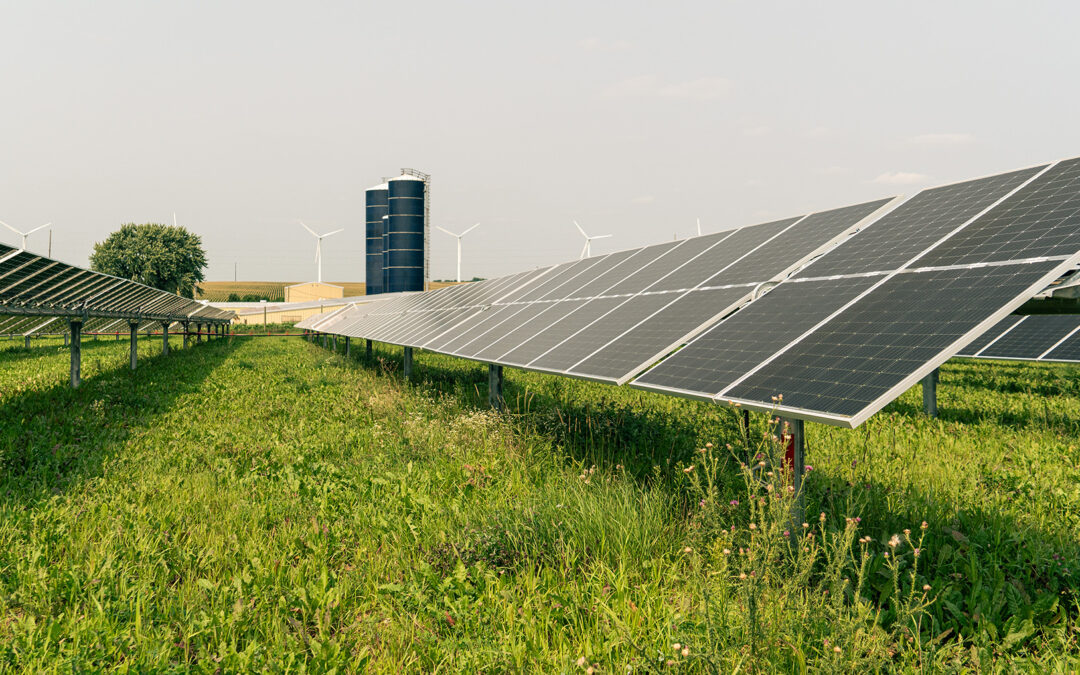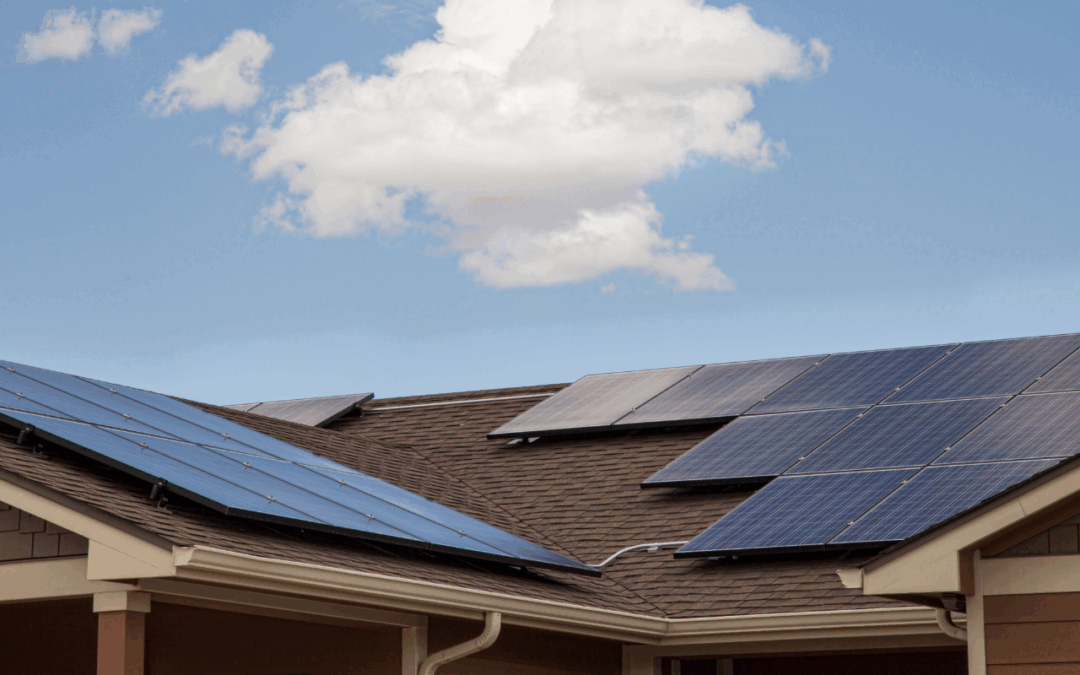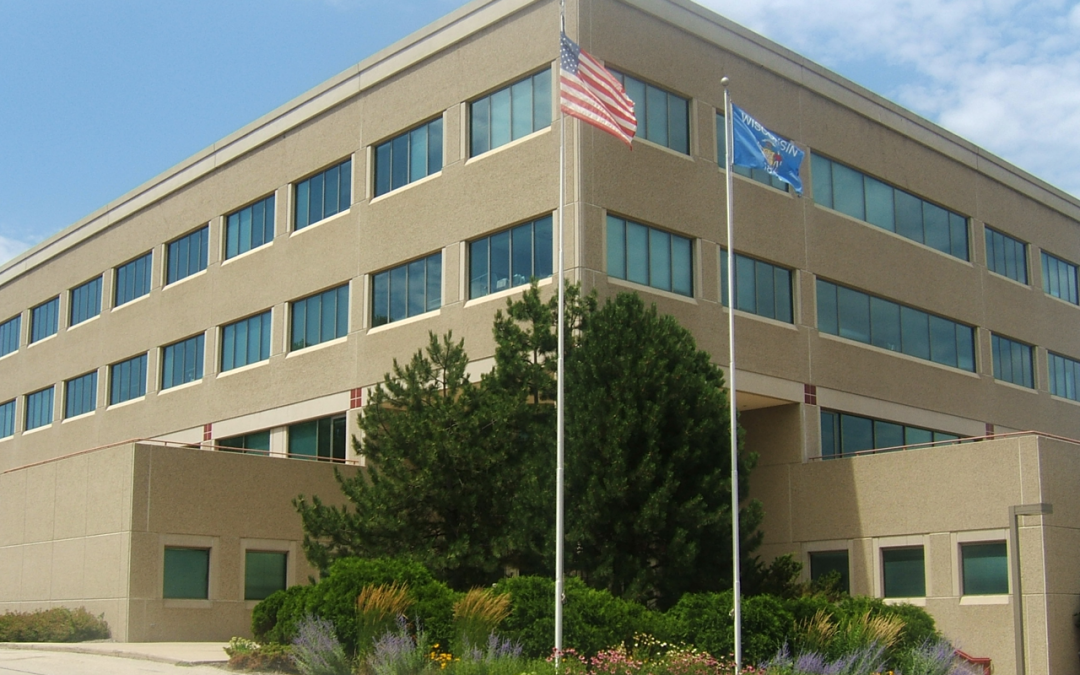
PSC Approves Rate Case Settlement with Alliant
Earlier this year, Alliant Energy, Xcel Energy, and Madison Gas and Electric (MGE) filed applications for electric rate increases with the Public Service Commission of Wisconsin (PSC). The rate applications included other changes to utility programs and options like electric vehicle programs, language modifications to rooftop solar programs, changes to Time-of-Use (TOU) programs, and more. The changes proposed by utilities for clean energy programs caused RENEW to request and receive party status to participate in these three rate cases.
RENEW and all other parties to these cases were involved in negotiations with Alliant and MGE. Separately, both utilities were able to reach settlement agreements with all parties in their cases, and subsequently Alliant and MGE asked the PSC to approve the settlements. The settlements, as negotiated by all parties in these cases, would reduce the size of the rate hikes, improve support for customer programs, and improve access to clean energy options.
On November 6, 2025, the three Commissioners at the PSC verbally took up the proposed Alliant rate case settlement, and authorized the full agreement with no modifications. A decision on the MGE case is expected later this November.
RENEW and other parties who regularly intervene in these cases often take the opportunity to discuss contested issues with utility representatives, and work towards compromise where possible. The PSC has a long history of approving most utility proposals, so these settlement opportunities are essential for organizations, like RENEW, to have a seat at the table and directly influence the decision-making process. For RENEW, these opportunities allow us to prioritize policy issues, create new customer options, collaborate on future changes, and have a hand in final design of utility-proposed modifications to ensure clean energy options will remain technically and economically viable.
Alliant Settlement Points
Compromise on the Increase to residential customer charges:
- Alliant agreed to reduce the increase to residential customer charges as it originally proposed. Alliant originally proposed increases from $15 to $20 in 2026. The settlement reduces the proposed increase, which will increase the customer charge to $16 in 2026 and to $17 in 2027.
Collaboration on Electric Vehicle (EV) Programs:
- After removing some options for residential EV programs, Alliant agreed to have at least six meetings over the course of 2026 and 2027, with RENEW and interested parties, to discuss the implementation of an EV Program. The objective of these meetings will be to review program participation and performance, and EV program interaction with other Alliant programs, such as the Time of Use (TOU) and residential Distributed Resource (DR) programs.
- EV Residential Program: Alliant Energy will launch a new residential EV program offering a $500 rebate for Level 2 chargers purchased through its online marketplace. Per the settlement agreement, RENEW can collaborate with Alliant to add additional charger models commonly used by installers if they are not currently listed.
- EV Fleet Program: Alliant will also launch a fleet advisory program with 20 participating businesses and nonprofits. The program helps organizations assess whether transitioning their fleets to electric vehicles makes financial sense and provides guidance on next steps toward electrification.
Collaboration on TOU Outreach Initiative:
- Alliant agreed to draft a Time of Use (TOU) branding, marketing, and outreach plan by March 15, 2026, and meet with RENEW and interested parties at least twice during 2026 to consider plan revisions and implementation details.
- As part of its broader branding, marketing, and outreach plan, Alliant agreed to consider rewards, incentives, or other ways to incentivize those who join the TOU program efforts alongside its new residential Demand Response (DR) program (see details below).
- Alliant agreed to improve the quality of residential data access, including quick integration into Alliant online tools for residential customers, with spreadsheet downloads that will easily integrate into customer analytical tools. Improved online tools and residential customer options will be available by June 1, 2026.
- Alliant agreed to have at least two meetings with RENEW and interested parties during 2026 related to improving Alliant’s online platform that supports TOU customers.
Collaboration on Residential DR Program:
- To support its new program, Alliant agrees to draft a residential DR program branding, marketing, and outreach plan by March 15, 2026, and meet with RENEW and interested parties at least twice during 2026 to consider revisions and implementation details.
- Beyond PSC reporting, Alliant agreed to provide event reporting on its website, with details on when events are called and customer savings that occurred due to Alliant’s DR program.
Collaboration on PSC 119 Interconnection Issues:
- Alliant agrees to joint meetings with RENEW and solar installer members at least twice in 2025, along with an additional two meetings in 2026. The purpose of these meetings will be to identify issues that are adding costs and time to solar interconnections in Alliant’s Wisconsin territory, discuss compromises and potential solutions, and discuss agreements that resolve these issues.

